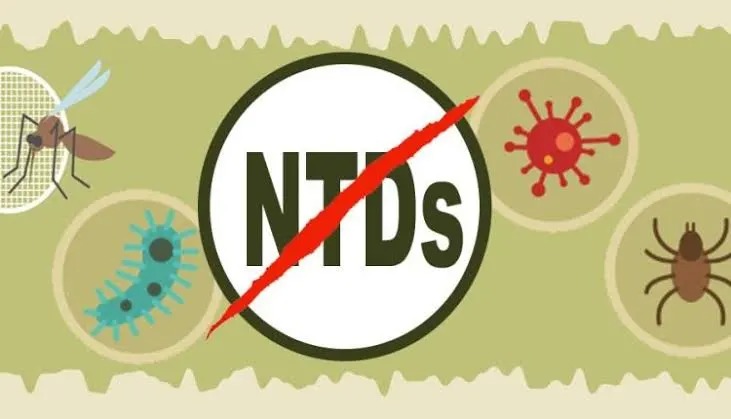The Federal Ministry of Health and Social Welfare is urging for the immediate implementation of a comprehensive strategy to address the challenges posed by Neglected Tropical Diseases (NTDs).
Mr. Adebayo Peters, the Director of the NTDs Department, emphasized this need at the conclusion of a two-day workshop titled, ‘Strengthening Access to People-Centered Mental Healthcare for People with NTDs in Nigeria,’ held in Abuja and organized by Global Disability Inclusion.
The workshop, aimed at devising experience-driven anti-stigma campaigns for skin NTDs, focused on developing community-level adaptations to bolster the capacity of organizations representing individuals affected by NTDs.
NTDs encompass a range of parasitic and bacterial diseases that significantly impact over 1 billion people worldwide, particularly affecting impoverished and marginalized populations. Some prevalent NTDs in Africa include Buruli ulcer, rabies, scabies, leprosy, and lymphatic filariasis.
Peters stressed the necessity of holistic approaches that consider not only medical treatments but also social, economic, and cultural factors.
He said “Addressing these diseases requires more than just medical treatment. It requires a comprehensive approach that tackles underlying determinants such as poverty, lack of education, and inadequate sanitation infrastructure.”
The fragmented nature of existing healthcare systems poses a significant challenge in combating NTDs, requiring greater collaboration among government entities, international organizations, civil society groups, and the private sector to effectively coordinate resources.
Mr. James Cleobas, Programme Officer at CBM Global, emphasized the role of education and community awareness in dispelling misconceptions surrounding NTDs and empowering affected individuals to overcome self-stigmatization. He advocated for the integration of individuals with NTDs into public spaces without discrimination and the establishment of inclusive healthcare systems catering to both NTD and non-NTD patients.
Innovative interventions, including economic empowerment initiatives and community engagement campaigns, were outlined to break the cycle of poverty and NTDs, ensuring widespread access to healthcare facilities across Nigeria.





















